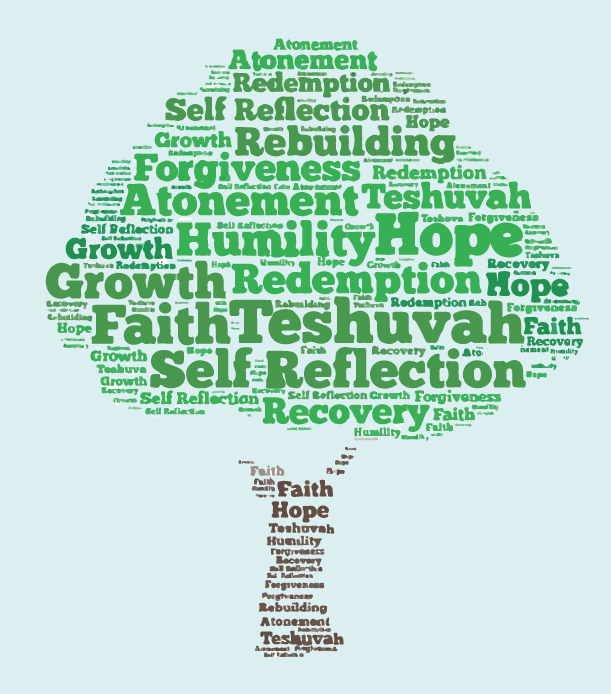This week’s Torah portion, Miketz, describes Joseph’s rise
to power in Egypt. After languishing in prison
for ten years on a false conviction, his fate turns when he is called upon to
interpret Pharaoh’s two dreams. He
recognizes that while one involves ears of grain and the other livestock, both
of these dreams are essentially the same.
He tells Pharaoh: “The seven healthy cows are seven years, and the
seven healthy ears are seven years. The
seven lean and ugly cows that followed are seven years, as are also the seven
empty ears scorched by the east wind; they are years of famine. . . Immediately
ahead are seven years of great abundance in all the land of Egypt. After them will come seven years of famine,
and all the abundance in the land of Egypt will be forgotten.”
But Joseph is not content to merely interpret Pharaoh’s
dreams. Instead, he offers a detailed strategy
for dealing with the forthcoming agricultural boom-bust cycle: “Let Pharaoh find
a man of discernment and wisdom, and set him over the land of Egypt. Let all the food of the good years that are
coming be gathered, and let the grain be collected under Pharaoh’s authority as
food to be stored in the cities. Let
that food be a reserve for the land for the seven years of famine which will
come upon the land of Egypt, so that the land may not perish in the famine.”
Pharaoh approves of this idea, because it solidifies his power
over his subjects. He appoints Joseph to
administer the policy, which he does, with relentless efficiency. During the bad
years, Joseph rations food in return for the Egyptians’ land and livestock,
which become the property of Pharaoh.
Most of our commentators defend Joseph, suggesting that he always
repays the Egyptians with something of value.
He provides rations in exchange for their money, food in the place of
their cattle, and seed in exchange for their land. But a few, including Radak, and the
contemporary scholar Shai Held argue otherwise.
In Rabbi Held’s words:
The ironic turns
in the text are intense and powerful and thus require explanation: Brought to
Egypt as a slave, Joseph now becomes Egypt’s enslaver. And soon enough, a new
Pharaoh rises and the House of Israel [finds] themselves once again on the
wrong end of the enslavement process. Joseph displays remarkable administrative
prowess, but he unleashes forces that eventually end up oppressing and
degrading his own people. . . . Joseph provides short-term relief in the midst
of a ghastly famine, but he also systematically and relentlessly strips the
people bare. There is something to be said for administrative aptitude, but it
is sobering to realize that it can be coupled with profound short-sightedness.
**********
Short-sightedness
and unintended consequences have played a significant role in creating our
current environmental crisis. Some greedy
corporations and individuals have deliberately chosen to exploit our planet and
its delicate ecosystems; by way of example, Exxon knew a great deal about
global warming over forty years ago and choose to hide their findings with a malignant,
decades-long disinformation campaign.
But oftentimes,
harmful actions come from good but shortsighted intentions. We have introduced countless non-native
species accidentally through travel, or on well-intended but ultimately misguided
efforts at conservation, population control and agricultural experimentation.
Similarly, for many years, dams were seen as an unfettered
boon, providing irrigation and drinking water, cheap hydroelectric power, flood
control, and recreation sites. However,
in recent years, we have learned that these same dams also increase the risk of
earthquakes, decimate fish populations, destroy vast ecosystems, and block the
essential free flow of sediments.
To learn from our
past is to recognize the need to look beyond the immediate future and consider
the possible long-term effects of our actions.
Joseph, tragically, failed to do so; the result was over two centuries
of enslavement in Egypt. If we are to
preserve life on earth as we know it, we need to do better.

